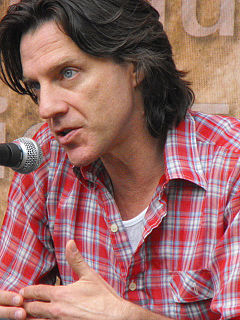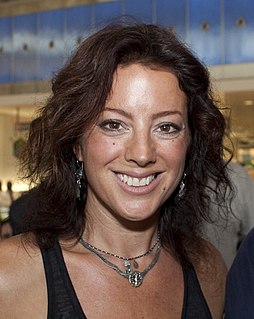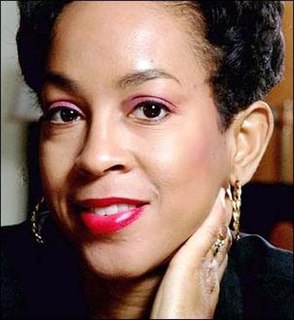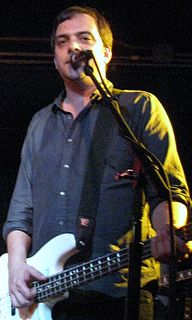A Quote by Aaron Sorkin
Related Quotes
But sometimes when I was starting a new story and I could not get it going, I would sit in front of the fire and squeeze the peel of the little oranges into the edge of the flame and watch the sputter of blue that they made. I would stand and look out over the roofs of Paris and think, 'Do not worry. You have always written before and you will write now. All you have to do is write one true sentence. Write the truest sentence that you know.' So finally I would write one true sentence, and then go on from there.
A lot of people who don't write for kids think it's easy, because they think kids aren't as smart as they are, or that you have to dumb down what you would normally write for kids. But I think you have to work harder when you write for kids, to make sure every word is right, that it's there for the right reason.





































